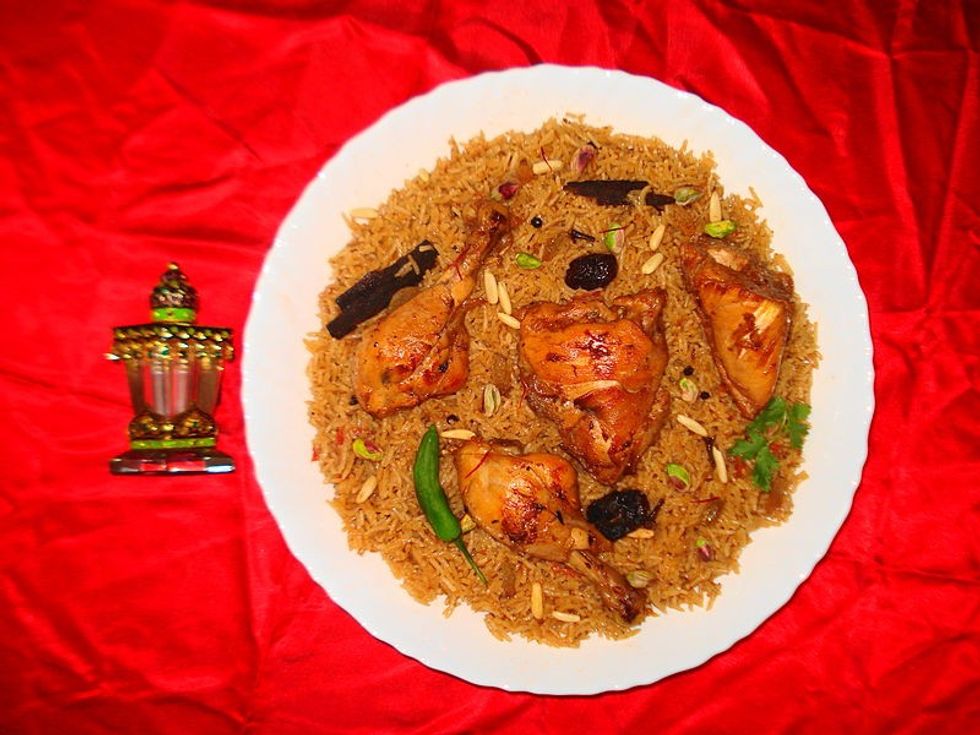Kuwait, a Middle Eastern nation with a rich cultural background, has a lot to offer travellers looking for a unique kind of vacation. The country offers something for everyone, from its desert terrain and warm summers to its traditional food and cultural attractions. Go to Kuwait on a Jazeera Flight and immerse yourself in the country's rich history and customs.
Orientation: A Brief Introduction to Kuwait's Culture
Kuwait has a rich and complicated history, formed by its position between Mesopotamia and the Indus River Valley. Kuwaitis today are the descendants of various nomadic tribes and clans that eventually settled on the Arabian Gulf coast in the eighteenth century. As the clans arrived at the shore, they built forts to defend themselves against other nomadic tribes that continued to travel across the desert. Kuwait derives its name from the Arabic word "kut," which means "fort."
Location and Geography: Kuwait's Desert Terrain
Kuwait is a desert nation with warm summers and short, mild winters. The geography changes just a little, ranging from flat to mildly sloping desert plains. The vast desert expanse of Kuwait and the glittering skyscrapers of Kuwait City welcome us as we land.
Demography: A Diversity of Ethnic Groups Reside in Kuwait
Kuwait has a diverse ethnic population, with just around 40% of the population being Kuwaiti. Around a third of the population originates from other Middle Eastern countries including Egypt, Palestine, Jordan, Lebanon, Oman, Saudi Arabia, and Yemen. After the Gulf War, all Palestinians living in Kuwait were forced out on suspicion that they were on the side of Iraq. In addition to the Arabian and African populations, around 9% of the population is Indian, 4% is Iranian, and the remaining 7% is made up of various foreign nationals.
Linguistic Affiliation: Arabic is the Official Language, and English is Widely Spoken
Although Arabic is the country's official language, many Kuwaitis also speak English. When we interact with the natives, we will discover that they are proficient in both languages, making communication simple for us.
History and Ethnic Relations: Emergence of the Nation
Arab nomads passed through Kuwait for millennia. In the early 16th century, the Portuguese sailed into the Arabian Gulf and built a fort in the area where modern-day Kuwait City now resides. Although the Portuguese only spent a short time in the Arabian Desert, it served as a key staging ground for later voyages to the north. Therefore, until the 18th century, Kuwait was a place where people frequently travelled around.
In 1710, a nomadic Arab population known as the Sabahs settled in the area that would become Kuwait City. In less than half a century, the town expanded from a sleepy fishing hamlet into a thriving trading hub that is today famous for its boat-building and pearl harvesting.
Cuisine: A Blend of Arabian, Indian, and Persian Flavors

Kuwaiti cuisine is a fusion of Arabian, Indian, and Persian flavours that reflects the country's diverse population and trading history. Machboos, a spicy rice meal eaten with meat or fish, and muhammar, a sweet rice dish flavoured with saffron and dates, are two famous Kuwaiti dishes.
Both coffee and tea have a significant impact on Kuwaiti society; in fact, while welcoming guests, it is customary to offer either sweetened coffee or tea with dates.
Festivals and Celebrations: A Time to Honor Traditions
Kuwaiti culture values traditions and family, as seen in the country's events and festivals. Among the most important occasions are Eid Al Fitr and Eid Al Adha, which celebrate the conclusion of Ramadan and the Hajj pilgrimage, respectively.
Another major occasion is National Day, which is observed on February 25th to commemorate Kuwait's independence from the British in 1961. The day is celebrated with parades, fireworks, and cultural activities.
Arts and Literature: A Blend of Old and New
The arts and literature of Kuwait reflect the country's diverse cultural history and the impact of its neighbours. Calligraphy, embroidery, and pottery are examples of traditional art forms, while modern artists are experimenting with photography and digital art.
Kuwaiti literature is likewise a mix of ancient and new, including classic works like "The Epic of Gilgamesh" and current works by writers like Laila Al Othman and Ismail Fahd Ismail.
In conclusion, learning about Kuwait's nomadic past and modern cosmopolitan present through the lens of the country's rich history and traditions is a fascinating experience. Kuwait provides a unique combination of cultural influences, with its distinctive desert geography, numerous ethnic groups, Arabic language, and Islamic architecture, making it a must-visit destination for any tourist seeking an authentic cultural experience. A journey to Kuwait is guaranteed to leave you with a strong admiration for its rich cultural legacy, from visiting the crowded streets of Kuwait City to the calm desert landscapes.


















 Shefali Jariwala death raises concern over anti ageing drugs and self medication Instagram/shefalijariwala
Shefali Jariwala death raises concern over anti ageing drugs and self medication Instagram/shefalijariwala  Anti ageing pills found at Shefali Jariwala home spark health safety debate Instagram/shefalijariwala
Anti ageing pills found at Shefali Jariwala home spark health safety debate Instagram/shefalijariwala 
 Prada confirms Kolhapuri chappals inspired its 2026 Milan collectionInstagram/
Prada confirms Kolhapuri chappals inspired its 2026 Milan collectionInstagram/ Kolhapuri chappals have been crafted for centuries and received GI tag in 2019 iStock
Kolhapuri chappals have been crafted for centuries and received GI tag in 2019 iStock